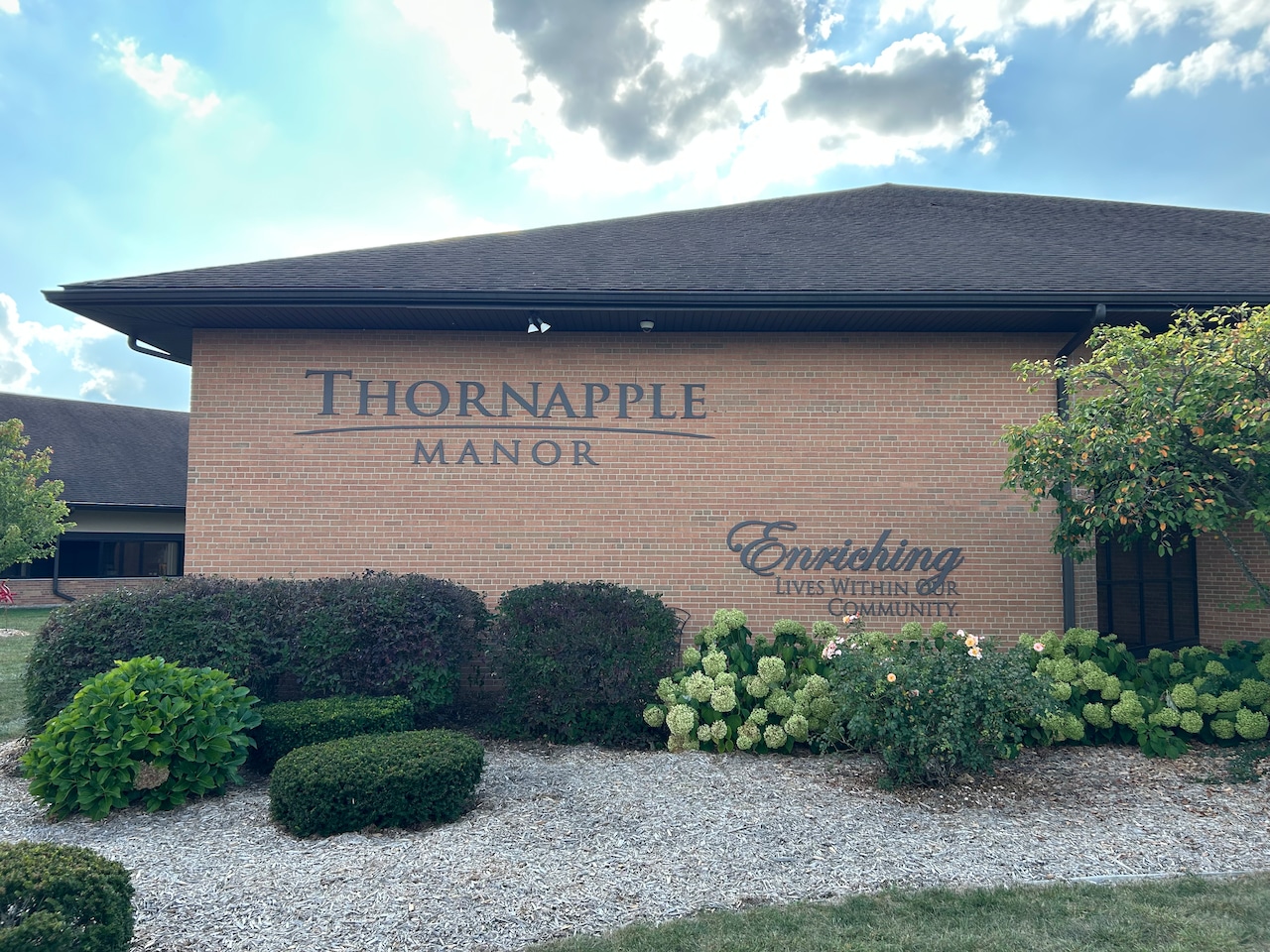
A Hasting nursing home has filed suit against the Internal Revenue Service, alleging that it hasn’t received $4.9 million in refunds that it was eligible for under a pandemic-era tax credit.
Thornapple Manor is a 161-bed nursing home owned by Barry County and overseen by the county’s Department of Health and Human Services Board.
The home argued in a complaint filed Wednesday in U.S. District Court for the Western District of Michigan that the state orders requiring it to maintain separate spaces for the patients infected with COVID-19 should be considered a “partial suspension” of its business activities.
Under pandemic-era orders from the Michigan Department of Health and Human Services, nursing homes could choose not to accept COVID patients, in effect requiring them to “keep beds away from COVID-positive residents who otherwise would want to use them,” the complaint argued.
Or, they could “set aside beds for COVID-positive residents, thereby keeping them vacant even when other would-be residents could have used them.”
For that reason, Thornapple Manor argued, it should have been eligible for the Employee Retention Tax Credit, created as part of the Coronavirus Aid, Relief and Economic Security Act.
The IRS has persistently disagreed, according to the complaint, relying on an order that defines a partial suspension of business as one that has a “more than a nominal effect on the business operations.”
A spokesperson for the IRS said the agency doesn’t comment on pending litigation.
“This is very much an industry-wide issue that skilled nursing facilities in Michigan are dealing with,” said Rob Silverblatt, the Washington, D.C. attorney representing Thornapple Manor. “A lot of them are going back and forth with the IRS on employee retention credits and encountering the same response.”
Silverblatt has filed similar cases on behalf of two other publicly owned Michigan nursing homes: Lenawee Medical Care Facility in Adrian, which says it’s owed a $3.5 million tax refund; and Marquette County Medical Care Facility in Ishpeming, which says it’s owed $4.4 million.
“Skilled nursing facilities experienced very significant challenges in doing the exceptionally important work of caring for vulnerable residents during the worst public health crisis in our lifetimes,” Silverblatt said. Many “had to partially suspend or significantly alter their operations to comply with government orders related to the pandemic.”
At Thornapple Manor, for instance, the resident population for the third quarter of 2021 was down 13.5 percent from the same quarter in 2019, the complaint said.
The home cut or restricted services to comply with state orders, among them housekeeping, therapy services, dietary services and memory care, and those interruptions “prohibited Plaintiff from meeting the expectations of certain residents and family members, which caused Plaintiff to lose residents.”
Thornapple Manor’s administrator, Rebecca DeHaan, did not respond to messages left seeking comment on Thursday and Friday.
Brad Johnson, a Hastings CPA who chairs the county Department of Health and Human Services Board, declined to comment on the lawsuit.



